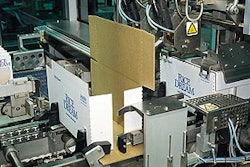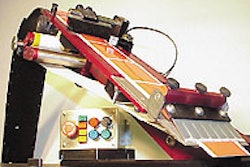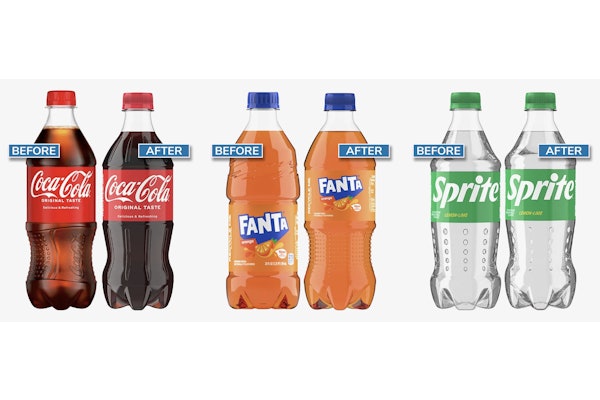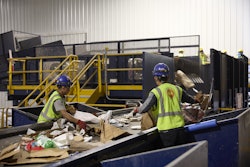Some 62% to 70% of consumers wanted GE foods labeled, but half those people said they would pay nothing or just $10 a year for that labeling. Support for GE labeling diminished if only a minor ingredient in the product came from GE crops.
But 76% of consumers wanted labeling of foods made from crops sprayed with pesticides, 53% wanted labels to disclose whether farmers used practices that caused soil erosion, and 40% wanted labels on products containing cross-bred corn.
A survey finding worrisome for some food manufacturers is that about 31% of those surveyed believed that products labeled as GE were not as safe as non-GE foods, and about the same percentage believed that foods with labels stating the product did not contain GE ingredients were safer than nonlabeled products. Only about 10% said the GE products were safer or better, and 33% to 42% said GE and non-GE products were equally safe or good.
About 40% of consumers said they would buy foods made with GE ingredients, about the same number as those who said they would buy foods whose labels said they were made with cross-bred corn, which have been common for decades. Given a choice between GE and non-GE foods, only 7% said they would choose the GE food, compared with 52% who would pick the non-GE food.
“Those of us who favor labeling of engineered foods will have to work hard to design a system that will be not only accurate but also non-disparaging and value-free,” said Greg Jaffe, co-director of CSPI’s project on biotechnology. “Many consumers would interpret GE food labels as casting doubt on the safety of foods even though, to date, scientists have found no problems. A GE label should not be seen as a black mark, especially when GE crops appear to be having such environmental benefits as reduced use of chemical pesticides and likely reduced soil erosion.”
























